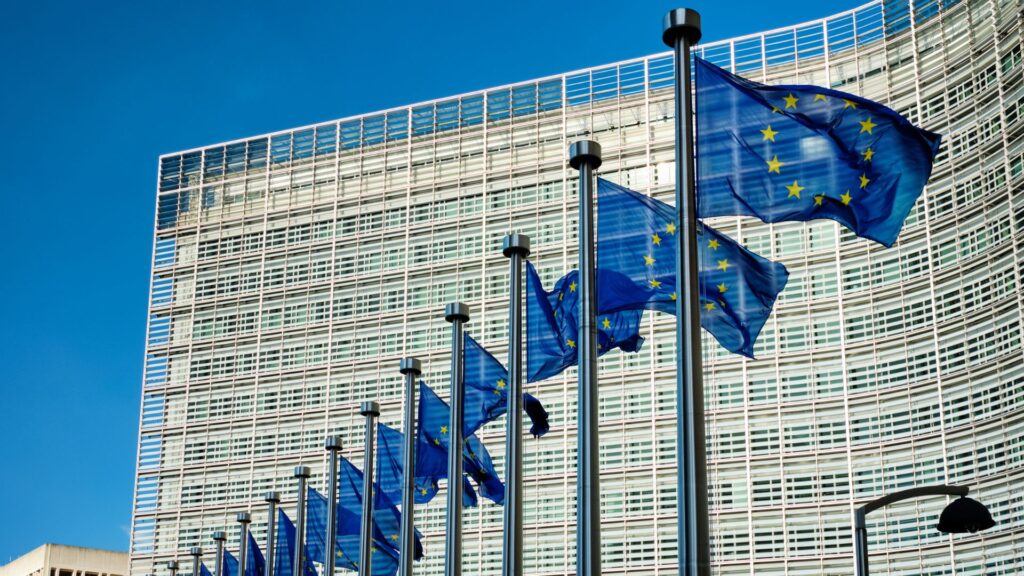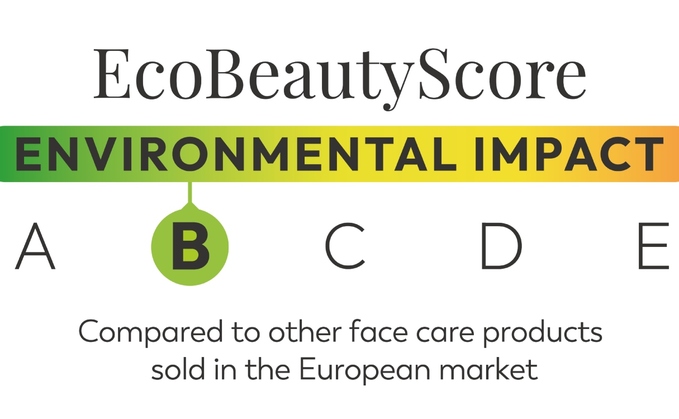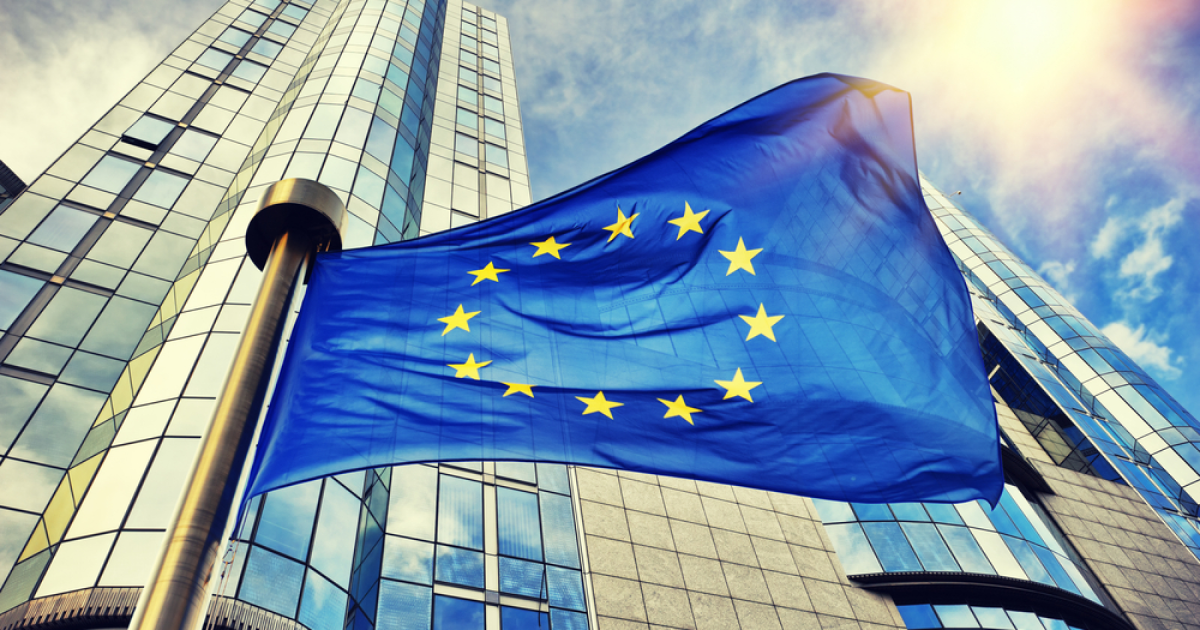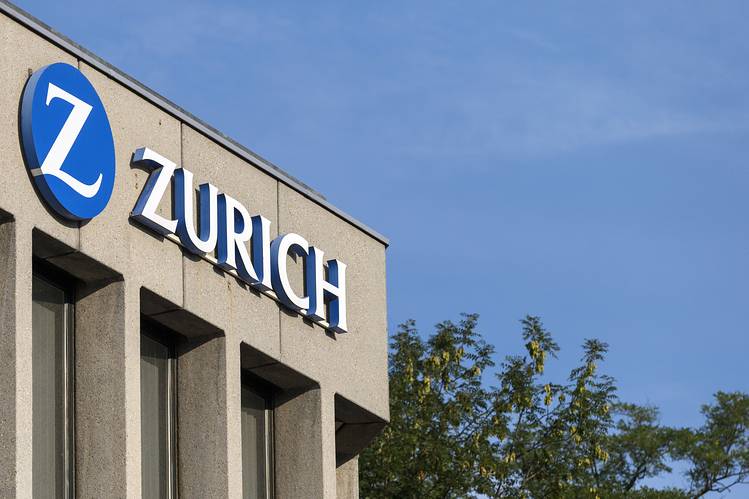EU Freezes F-Gases, Paving Way for Cleaner Future

|
Listen to this story:
|
Key Impact Points:
- F-gases: total phase-out of hydrofluorocarbons by 2050 and move towards climate-friendly solutions
- Higher EU ambition to further reduce emissions of ozone-depleting substances
- EU rules aligned with the European Green Deal and international agreements
With 457 votes in favour, 92 against and 32 abstentions, MEPs endorsed a deal reached with the Council to further cut emissions from fluorinated gases. The text foresees a total phase-out of hydrofluorocarbons (HFCs) by 2050, including a trajectory to reduce the EU consumption quota between 2024-2049. It introduces strict requirements that prohibit placing on the EU market products containing F-gases and specific phase-out dates for the use of F-gases in sectors where it is technologically and economically feasible to switch to alternatives that do not use F-gases, such as domestic refrigeration, air conditioning and heat pumps.
The deal on reducing emissions of ozone-depleting substances (ODS) was adopted with 538 votes in favour, eight against and 13 abstentions. The law introduces requirements to recover and recycle such substances in building materials during renovations (found in particular in insulation foams), which is the main source of remaining ODS emissions in the EU. It also introduces strict exemptions for their use as feedstock (to produce other substances, for example in the pharmaceutical or chemical industry), as process agents, in laboratories and for fire protection.
Related Article: UK to Award £165 Million for 5 New Sustainable Aviation Fuel Projects
Rapporteur Bas Eickhout (Greens/EFA, NL) said: “Putting an end to F-gases is crucial, not only because these gases are extremely harmful for the climate, but we are also providing clarity and investment certainty for industry. European companies are already at the forefront of developing clean alternatives to F-gases, so this law will be good for the climate and the European economy.“
Rapporteur Jessica Polfjärd (EPP, SE) said: “The prevention of emissions from ozone-depleting substances is key in preventing adverse health and environmental effects resulting from a damaged ozone layer and contributing to greenhouse gas savings in line with the Union’s climate target.”










